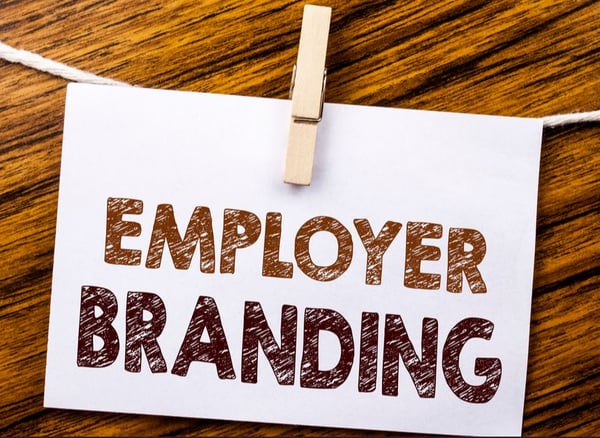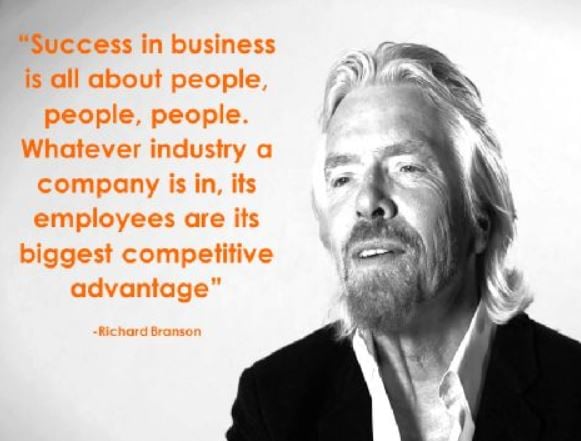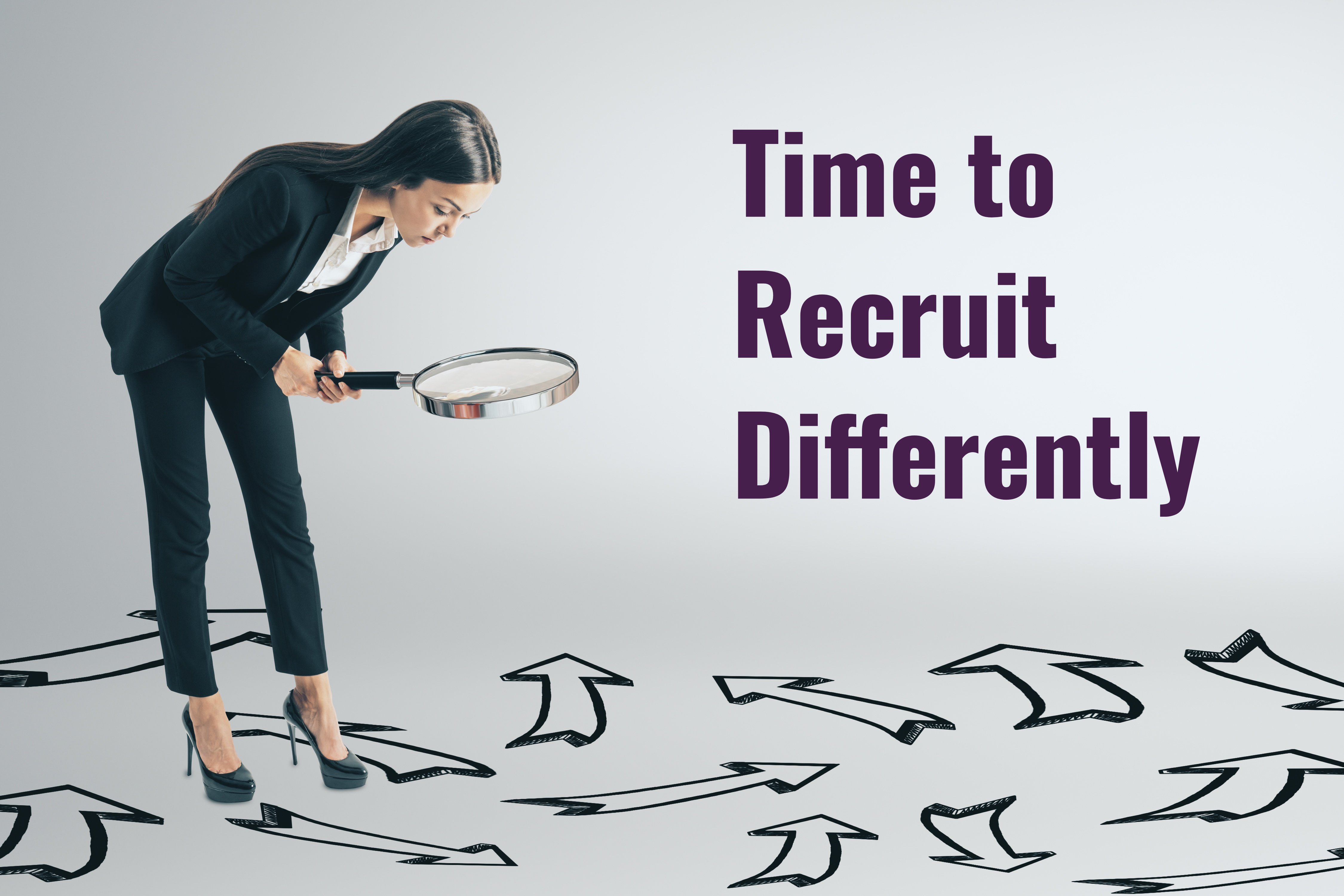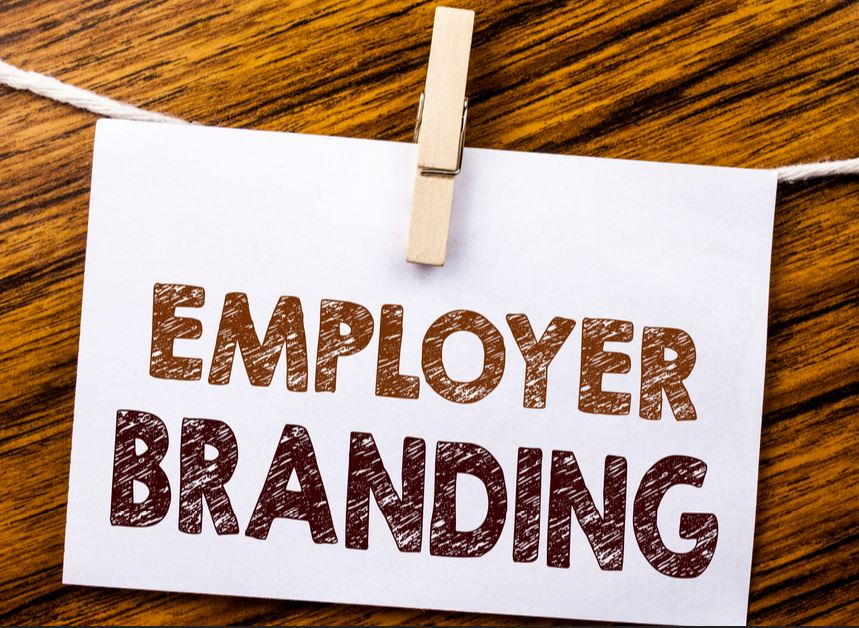Today's business leaders understand the value of a strong customer experience.
While happy and satisfied employees are crucial to the success of your organisation, consumers aren't the only people modern companies need to think about.
Employee experience can be just as valuable as customer experience - if not more so.
With skills shortages throughout the commercial landscape and the rise of the millennial generation prompting trends like job-hopping, companies need to retain their most valuable people. However, according to Deloitte's annual global survey of business leaders and HR, 42% believe that employee experience is significant, yet only 22% know how to support their team members.
As experts in talent acquisition, here at Lucy Walker Recruitment, we have a deep understanding of how positive employee experience works, which we share in this week's post.
The Current Trends in Employee Experience
The arrival of new generations in the workforce means that the way we work is growing more collaborative, agile, and "networked."
The people in your team are constantly connected both in person and via the Internet, which means that they can affect the way other people perceive you. Just as the customer experience is fundamental in driving revenue and brand loyalty, employee experience is now crucial for retention, engagement, and attracting future candidates.
Some of the biggest trends driving employee experience include:
1. Employer Branding

Talent acquisition has acquired an essence of consumerism recently. Increasingly, people are "shopping" for the ideal position by examining the employer brands that companies have online. If your employer brand isn't up to scratch, your future applicants will wonder why you're missing this critical social tool.
Make sure you have a positive presence on your website, social media, and employment forums.
2. Transparency
Today's candidates want to know that they can trust their employer. This means that business leaders need to avoid sweeping negative reviews and issues under the rug. If you have a poor review on a site like Glassdoor, respond to the person who posted it and explain how you're fixing the problem they had.
Additionally, make sure you're transparent with people throughout the hiring process. If you conduct an interview and say you'll be in touch by Monday, make sure that you do call.
3. Training for Retention
Employee development continues to be a crucial part of talent acquisition and retention. Your people want to see a future within your business, which means that they need opportunities to grow. When bringing new people into your team, remember to work with them on an employee development plan where you explore the ambitions for the future and consider ways that you can help them to improve their skills.
Remember, training doesn't have to be all after-work courses and online classes. You can also provide inter-departmental mentoring for your team members.
Why not evaluate your hiring process?
4. Diversity and Inclusion
Diversity and inclusion are crucial components of building a strong, creative team. Today's employees want to work in organisations that embrace meaningful change. By investing in a diversity and inclusion strategy, you can show your future candidates that you're committed to creating a company culture that offers acceptance for all.
Diversity campaigns not only keep future employees happy, but they also ensure that your business has access to more out-of-the-box thinking and new perspectives.
The Benefits of Improving Employee Experience (EX)
As commercial companies continue to scale their talent attraction strategies, the demand for better "EX" is growing. A talent war is currently raging, meaning that countless organisations are constantly struggling to get their hands on the skills they need.
Millennials and other forward-thinking employees are happy to jump into a different role if they feel that their employer isn't giving them the support and opportunities that they want.
What's more, the popularity of social media and employee websites like Glassdoor means it's getting much easier for prospective employees to determine whether a company culture is right for them before they ever accept a job offer.
The good news? If you can create the right employee experience, the benefits are significant.
You'll experience:
-
Better talent acquisition: People will naturally be attracted to your employer brand, which means that you'll have a pipeline of people waiting to join your team.
-
More engaged, productive employees: Staff members who love where they work often perform better than their peers. You won't have to work as hard to motivate people to do their best.
-
Reduced turnover: The better your employee experience, the less likely it is that your team members will be attracted to an alternative employer.
Giving your employees a great experience is the easiest way to gain a competitive advantage in retaining and attracting top performers.
The first step in boosting your experience strategy is making sure that you had the right hiring process in place, complete with behavioural testing and structured interviewing delivered by an expert like Lucy Walker Recruitment.
Once you've got the right partner in your recruitment process, there are a few additional steps you can take to improve employee experience.
How to improve Employee Experience(EX)
1. Solicit Constant Feedback

It's vital to remember the "employee" part of employee experience. It's hard to deliver the meaningful moments that your staff members need, without speaking to them about their expectations first.
According to a Deloitte Insights study, only around 22% of companies survey their employees on a regular basis. However, collecting employee feedback is one of the fastest and most effective ways to make sure that your people have the support they need to thrive in their roles.
Various forms of team insight will help the business grow, including:
-
Stay interviews which help to prevent early exits from the company.
-
Onboarding interviews which look at development and employee goals.
-
Regular surveys and questionnaires that ask people to explain how they feel about the current company culture.
2. Treat Employees as Customers

There's a growing trend in the talent acquisition space that involves looking at candidates as customers and rightly so. As the above quote highlights, why wouldn't you, it's arguably your most important investment. This means that hiring managers and business leaders attempt to "sell" their job offerings to the right people.
We're currently dealing with a candidate-driven market, where the right talent has plenty of options to choose from for their new career. Sell your job offer to each candidate by explaining the benefits that you can deliver beyond a regular salary. For instance, can you provide flexible working schedules or mentorship programmes?
Make sure you track trends in your team too, just as you would track the customer experience.
This will help with long-term improvements in your hiring process.
3. Don't Neglect the Onboarding Process

When it comes to having the right corporate footprint, one of the most crucial phases in the employee lifecycle is onboarding. If staff members don't feel as though they've entered the team in the right way, then it becomes increasingly difficult for those people to form in-depth connections with the business. A report from the SHRM show that companies lose about 17% of their new people within the first 3 months of employment.
An onboarding programme is your chance to introduce your hires to the values and cultures of your company, and make sure they feel as though they fit inside the business. You can also use the onboarding process to motivate your people by planning development strategies with them and showing them future opportunities for growth.
4. Develop Your Employer Brand
As mentioned above, the employer brand is becoming an increasingly important factor in how people choose the teams that they want to work with. Large numbers of candidates refuse to take jobs with companies that have bad reputations, and an employer brand is the first opportunity that a business must win the hearts and minds of its candidates.
To improve your employer brand, remember that great experience doesn't start when your employee signs their contract and comes to work. You need to think about how you engage with prospective employees and develop your reputation as a result. For instance:
-
An interesting and timely interview process leads to positive reviews online, even if the candidate doesn't get the job.
-
Opportunities for learning and growth lead to positive mentions on social media, and potential case studies for your business website.
-
Partnerships with learning communities, training groups and other organisations that support employee development show your candidates your commitment to growth and give you more ways to reach future talent.
5. Give People a Purpose
Modern employees don't want to show up to work and complete tasks on auto-pilot. Your people want to feel passionate about what they do. For many companies, an impressive employee experience strategy starts with leadership that can inspire your team and explain the goals and values of the organisation.
Focus on developing leaders that can drive your people to accomplish their best work, by helping them to see the company's mission in a new light. According to the Future Workplace Forecast, aligning people around a common purpose in the workplace is one of the most compelling ways to create a fantastic experience.
Remember to provide your people with regular feedback about how their work is helping you to achieve their goals too so that they feel that their contributions are recognised and appreciated.
6. Build the Workplace of the Future

Finally, to give a new generation of employees the experience they're looking for, you need to investigate the future. This means embracing new technology that may help to make your people's lives easier. For instance, collaboration and social intranet tools can help people to communicate on a more consistent basis.
Building a forward-thinking workplace also means creating a continuous communication loop in your business where leaders provide feedback to staff members, and team members offer input into the performance of the workplace so that everyone can keep growing.
Remember to consider other progressive movements in your business plan too, such as diversity and inclusion, flexible working and more. Show your current people and future candidates that you're ready for the new world of work.
Don't Let Poor Employee Experience Hold You Back
Ultimately, in today's highly competitive economy, understanding and enhancing employee experience is crucial. Companies that provide an engaging experience will attract and retain the best employees. On the other hand, if you're not able to delight staff and candidates in today's employee-driven world, then the result will be high turnover, low engagement, and poor talent attraction.
Establishing a great employee experience is the only way that today's companies can develop the kind of environment that appeals to people they need to thrive. The critical thing to remember is that there's more to "EX" than salary and benefits.
Great employee experiences come from understanding your people and creating the environments that help them to grow and thrive. It's about caring about your staff just as much as you value your customers.
Can We Help?
Lucy Walker Recruitment has over 30 years experience recruiting in the commercial sector across Leeds and West Yorkshire and can recruit for every level in your organisation.
To find out more call us on Leeds 0113 367 2880.






















